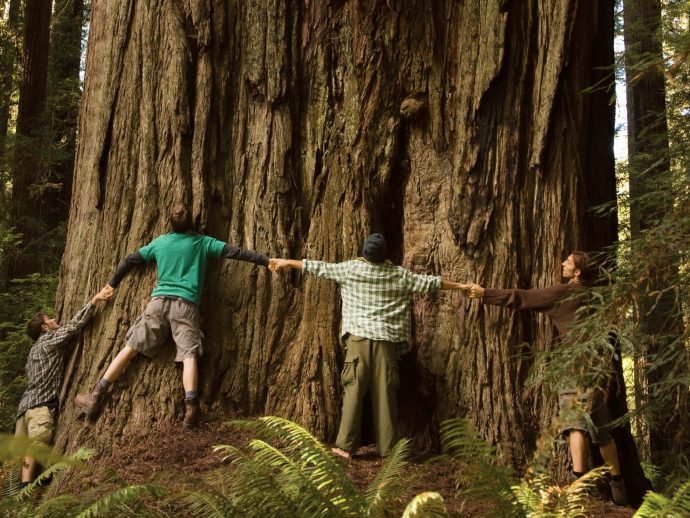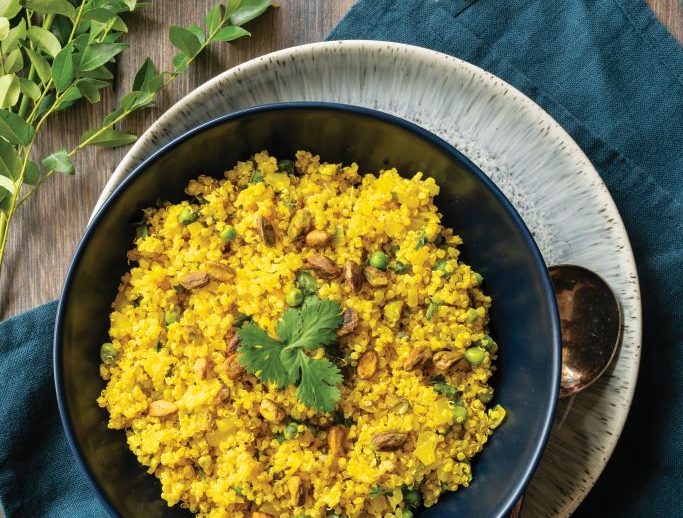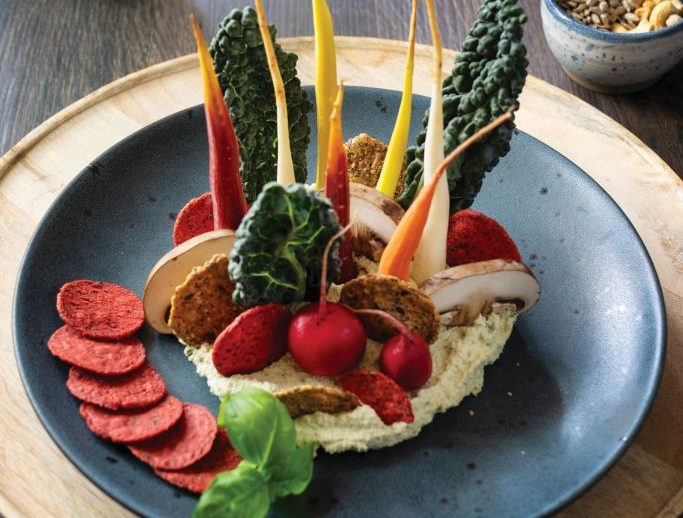
What is gratitude, and does it really matter?
What is gratitude?
Meaningful gratitude, the kind that can actually enhance our quality of life, is more than saying please and thank you. It’s more than a rote recitation of things we should appreciate. And it’s more than routinely entering something in a gratitude diary.
Of course, all of these things are aspects of gratitude. However, if we genuinely want to understand and get the most from practising gratitude, we need to appreciate its nuances, depth, and impact.
Gratitude, in this light, is part of a positive attitude where we’re intentionally and consciously present to our lives. In this state we may notice, for example, how our bodies function, what nature is capable of, how the sun warms our skin, the miracle of birth, and the inevitability of death.
Gratitude is not blind optimism. It’s the choice to be pragmatic, noticing the ups and downs, and striking a balance that favours possibilities rather than limitations.
Why does gratitude matter?
Diana Brecher, EdD, a clinical psychologist at Toronto Metropolitan University, works in the area of positive psychology. She trains students, faculty, and staff in resilience―and gratitude is a key component.
Does gratitude practice have a scientific basis?
Brecher says that gratitude can support resilience and an increased sense of well-being. She notes that well-accepted research as far back as 2005 has shown the effect and lasting impact of interventions aimed at increasing individual happiness.
In the 2005 study, five exercises to promote happiness (two specifically focused on gratitude) were administered over the course of a week. Impact was assessed immediately post test, at one week, one month, and six months. The exercise with the greatest impact of all five at the six-month post-test mark was focused on gratitude.
Gratitude practices
Some easy and effective gratitude practices include the following:
Write a gratitude letter
- Think of someone who had a positive influence in your life.
- Consider the deeper impact of this influence and what this says about who they are and how they’re living their lives.
- Write these thoughts down and share directly with the person if possible; if not, share with someone connected who can understand.
Savour awe
- Notice when you experience awe and learn to seek these experiences out. This may be anything from soulful music to old-growth forests or a meteor shower.
- Take in this experience with all of your senses so that you can remember it, recall it, and share it.
- Intentionally share an experience of awe, including all of the sensory information as well as how you felt.
Now, take a leap of faith and try something. It’s up to you to decide where you will focus. And it begins with an action.
By Carole Ames









